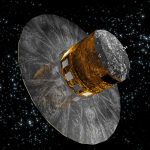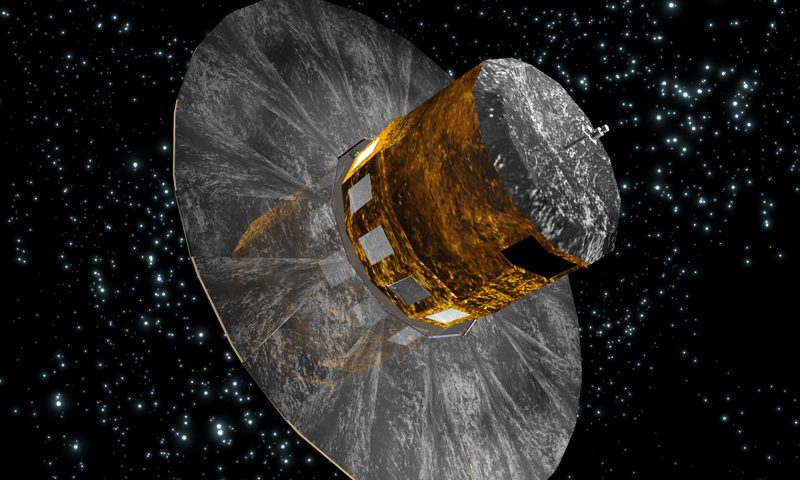
Job ID: SCO-178
Deadline: 10 March 2020
Aurora is an established supplier of skilled manpower to ESA and in particular at ESTEC and ESAC. Aurora has the opportunity to expand our support to Gaia within ESAC.
Overview
Gaia finished its nominal 5 year life time in July 2019 and is currently in the extended mission phase which, from a pure consumables viewpoint, could last until beginning 2025.
The processing will be community wide effort performed by the Gaia Data Processing and Analysis Consortium (DPAC) in which ESAC plays a coordination role.
Specific Service Tasks
AGIS astrometric calibration and validation
- Support the definition of calibration models in AGIS;
- Define, setup, and carry out AGIS test runs and analyse results;
- Aid in the setting up of an automated validation pipeline needed to assess the scientific quality of a large number of trial runs;
AGIS-IDU interactions
- Develop an understanding of and monitor calibration development activities in IDU from an AGIS viewpoint, such as LSF/PSF modelling;
- Treatment of gated (=saturated) observations;
- Modelling of all calibration effects which are not tackled in AGIS and ensure they are truly disjoint (AGIS/IDU);
- Aid in the definition of data sets and procedures to test the proper functioning of the crucial AGIS-IDU loop
Systematic Errors
- In close collaboration with AGIS experts, support investigations into the root causes of systematic errors in the astrometric solutions with the aim to suppress, ideally, eliminate them to the level needed to reach the end-of-mission goals;
- For systematic errors which cannot be eliminated, aid in characterising, and documenting them in public releases;
Very-Bright-Star processing
- Develop new or improve existing approaches to determine the centroid of highlysaturated astrometric observations to the highest-possible precision;
- Apply these algorithms to all existing VBS data from Gaia;
- Create so-called AstroElementaries from VBS observation data such that they can act as input to AGIS and the astrometry of these brightest stars be determined as part of a regular astrometric solution;
- In close collaboration with the AGIS team, assess the quality of the VBS astrometry;
- Support existing efforts within AGIS and IDU to improve the modelling/centroiding of highly saturated observations / exploit synergies to VBS work if possible;
For any candidates experience in interacting with the science community would be an advantage. The selected contractors must be willing to operate in a team environment and to travel. Good interpersonal and communication skills are an advantage. You should be comfortable in an international working environment, as it is expected that the selected contractor will interact freely with any member of the DPAC, as well as the general international community of astronomers/users via workshops and the helpdesk.
Specific qualification requirements
- At least a graduate degree (Masters) in a relevant subject area;
- You must be able to work in English;
- Experience working in an international environment;
- Excellent communication skills – notably in interfacing with different stakeholders in CU3 and CU5;
- Knowledge and software engineering experience in Python and Java.
- Knowledge of Jupyter Notebook, Jupyter Lab/Jupyter Hub frameworks and related technologies;
- Experience in working with large astronomical data sets;
- Experience in numerical data modelling, ideally in the context of scientific space missions.
Legal and Security Requirements
- All applicants must be legally allowed to work in Spain without the need to obtain a work visa. Only European Union citizens can be employed by Aurora in Spain.
- Applicants are required to provide a copy of their passport and degree certificate. Aurora will validate the Degree with the issuing University and provide evidence to ESA.
- In line with ESA’s security requirements, prior to issuing a letter of employment the applicant shall provide to Aurora a recent official document declaring that they are of good conduct from the country where currently resident, and Aurora will validate your employment history.
Location
It is expected that the work will be performed at the ESAC, the European Space Astronomy Centre, at Villafranca del Castillo, near Madrid, Spain.
Contract
- You will be registered for both social security and tax in Spain.
- The standard working hours are 40 per week. There are 12 public holidays and an additional 30 annual days holiday.
- In addition to public health services Aurora provides private medical insurance in Spain.
- Training to improve efficiency and provide strength for future career are of course included.
- Aurora can assist financially and provide recent experience information for relocation.
To be considered for this Position
Provide prior to 10 March 2020 a summary of why you are a good candidate for the position together with a complete and detailed
Recruitment Form or your CV with a motivation letter to Mr. Davide Starnone, at email davide.starnone@aurora.nl quoting reference SCO-178.
Aurora will agree conditional employment terms and conditions with candidates before presenting their detailed technical proposal and candidates to ESA by 16 March 2020, 13:00 hours.
If not directly interested, feel free to share by this Job Vacancy with your friends!

